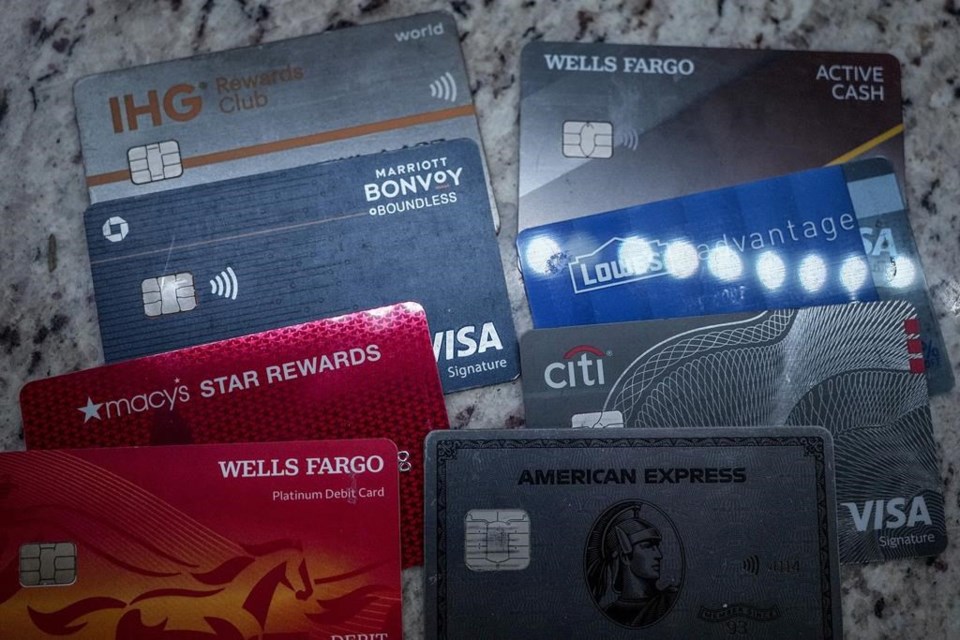As youâre growing up, you learn about money from the people who raise you. Their lessons are based on their life experiences, which means thereâs likely some bias built in.
Thatâs not necessarily a bad thing â you may have a savvy aunt who taught herself to manage her own money after a divorce, or a parent who cautioned you about debt because they struggled to pay down theirs. Hearing their stories can spare you from making financial mistakes. Even with all that history, though, youâre likely to make some financial decisions that will cause your relatives to wince.
Credit cards in particular can be a touchy subject in families where older generations avoid them out of the fear of costly debt, while younger generations embrace them for their rewards and convenience. Managing credit cards when it feels like youâre being âbadâ can be difficult. Still, itâs totally OK to forge your own financial path based partially on family lore, and partially on your own goals and experiences.
APPROACH CREDIT CARDS WITH CARE
If youâre a first-generation credit card user, itâs essential to â this includes learning about the types of credit cards available, how youâre billed and what happens if you get into debt. Beware of common credit card myths, like the idea that you should carry a small balance from month to month because itâs good for your credit score (thereâs no need to pay interest for the sake of your credit score).
Start by using your first credit card for a basic expense or two each month, and be sure to pay the entire balance when itâs due. You can still use cash or a debit card for some expenses, and a credit card for others.
Gloria Garcia Cisneros, a certified financial planner in San Diego, recommends using technology to help you manage your card. Automate payments to avoid missing due dates, and take advantage of apps that track spending so you donât have to do so manually in a spreadsheet, she says. Also, create the habit of checking your credit card statements each month to review your spending, and avoid saving your credit card information on merchant websites so youâre less tempted to make impulse purchases.
Credit cards are more than a way to spend â they can help you establish your credit history, provide extra protections on purchases and can earn rewards on your everyday spending. Used carefully, credit cards can be a tool that helps you move toward other financial goals.
Lea Landaverde, the founder of the Riqueza Collective, a bilingual financial education and media company, learned this at the age of 18, when she realized she first needed to build her credit history to qualify for a rental home. âI had to learn how a credit card could benefit me.â
EXAMINE THE ORIGINS OF YOUR CREDIT CARD BELIEFS
The messages you tell yourself about credit cards were installed in your mind long ago by loved ones who modeled certain behaviors. Credit card-related misconceptions and beliefs get passed down in families, especially when previous generations lived through difficult times. âWhen parents say debt is bad, theyâre coming from a place of fear or trauma,â Landaverde says.
Garcia Cisneros was raised by her grandparents, who had widely different attitudes toward credit. âMy grandpa was so against credit cards. He was like, âCash under the mattress, cash is king,ââ she says. Meanwhile, her grandmother not only used cards, but also maxed them out. âI didnât know which one was right or wrong. When I got my first credit card, it was an emotional, impulse decision.â
Even if youâve been financially independent for years, itâs hard to turn off that voice in your head that repeats relativesâ money beliefs that donât match your current lifestyle. You can recognize why certain loved ones are credit card-averse, and use that family fear of debt as motivation to manage your credit cards thoughtfully.
SET BOUNDARIES WITH LOVED ONES
Beware of family members who see your credit card as their funding source because they donât understand how their actions can affect your credit. Garcia Cisneros is willing to help her family financially, but she has learned to set limits after a relative used her card while on vacation. Now, she only provides money for emergencies in the form of a loan with interest.
CELEBRATE YOUR PROGRESS
As you become more confident with your credit card use, keep an eye on your credit score and pat yourself on the back when you see it go up. After all, youâre not just managing your credit card wisely, youâre creating an entirely new money mindset.
If you make a mistake or have to deal with an emergency expense and get into debt, it doesnât have to derail your money goals forever. âYou can start over,â Garcia Cisneros says. âYou always have tomorrow.â
________________________________________
This column was provided to The Associated Press by the personal finance website NerdWallet. Sara Rathner is a writer at NerdWallet. Email: [email protected]. Twitter: @SaraKRathner.
RELATED LINKS:
NerdWallet: Credit Cards 101
Sara Rathner Of Nerdwallet, The Associated Press




